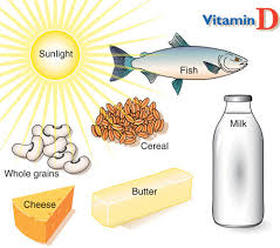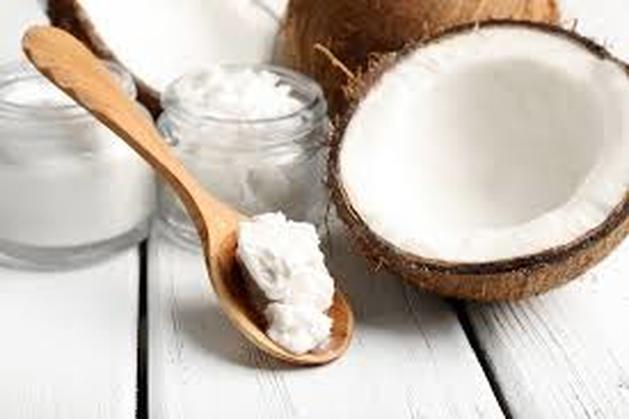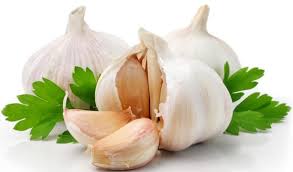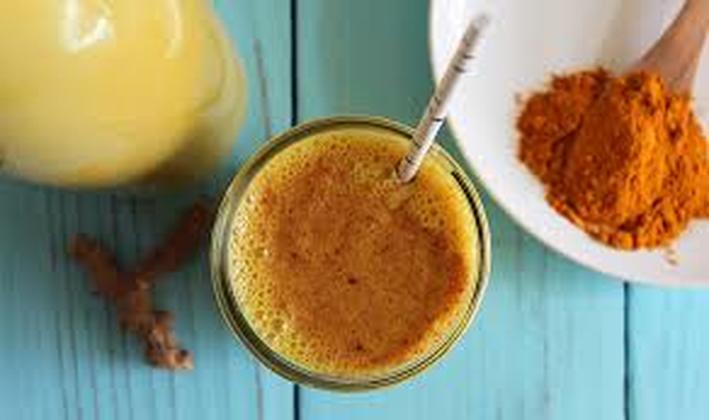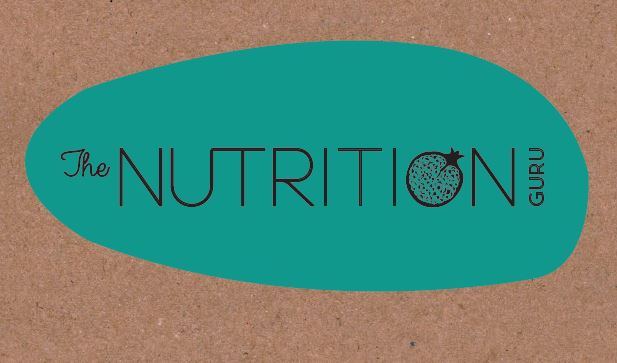Vitamin D
You might be surprised to know that most people have low vitamin D levels (especially in the winter). Chances are if you work in an office from 9 to 5 most days of the week, or just don’t manage to spend much time outdoors, your Vitamin D levels will be low.
Aside from supporting bone health, reducing your risk of many cancers and other auto-immune diseases a number of recent studies have shown that optimal Vitamin D levels can boost your immune system, reducing the likelihood of coming down with a cold or flu. One recent study found that people with lower levels of vitamin D were twice as likely to develop influenza, compared to people with high levels of vitamin D.
It’s best to get your vitamin D from the sun if you can. Of course that’s not always possible during winter (especially here in Melbourne!) If you suspect your levels are low during the cooler months, your best bet is to get a blood test before you start supplementing. This is the most accurate way to see if a supplement is really required and, if so, the dosage that’s needed.
While there is debate as to ideal concentrations, the following is a good guide
- vitamin D sufficiency > 75 nmol/L
- sub-optimal levels 50-75 nmol/L
- vitamin D insufficiency 25-50 nmol/L
- vitamin D deficiency 15-25 nmol/L
- severe vitamin D deficiency < 15 nmol/L
Your supplement should come from a natural form of vitamin D - either cod liver oil or an oil-based D3 supplement. The best food sources of natural vitamin D are egg yolks, fatty fish like salmon and mackerel, organ meats, and some portabello (highest), oyster and white mushrooms. However, keep in mind that it's tough to get enough vitamin D in the winter from food sources alone.
Coconut oil contains two special active constituents, lauric and caprylic acid, both well known for their anti-fungal and ‘anti-candida’ action. What’s not so well know is that lauric acid is also anti-viral. The body converts it to monolaurin, an antiviral agent that fights of a number of viruses including influenza. If you’re looking to boost your immunity naturally, simply use a teaspoon of coconut oil a day. Add it to your smoothies, cooking, baking or just eat it straight from the jar!
Not only is garlic a wonderful herb that enhances your winter dishes with a rich and warming flavour, it has a long history as an immune booster. During the First World War raw garlic juice was used as an antiseptic for bathing wounds and helped save saved thousands of lives. The major active component found in garlic, allicin, is responsible for its antimicrobial and antibacterial properties. Studies have shown that people including garlic supplements experienced fewer and less severe colds compared to those taking a placebo. Try adding some regularly to your diet throughout the colder months.There isn't a recommended daily allowance for garlic, but German researchers recommend a dose of 1-4 cloves a day which provides around 4,000mcg of alliin. To cure a chesty cough crush three cloves of raw garlic, sprinkle one tablespoon of brown sugar and leave in a covered saucer for six hours. Sip the liquid throughout the day until the cough has gone. If you feel yourself coming down with a cold or flu chop a clove in four pieces (the allicin is more potent when exposed to air), then swallow it down whole, without chewing, as though it was a supplement. That way you can avoid the awful garlic breathe you would get from chewing it whole.
I don’t know about you but all the on-trend cafes I walk in to these days are serving up turmeric 'golden milk' lattes. And quite frankly, I love ‘em! It’s the most delicious way to warm up from the inside out over the cool winter months and do your body some good at the same time. Without doubt turmeric is the latest spice to be crowned a superfood. High in antioxidants and considered a natural anti-inflammatory, people who consume it are less susceptible to colds, coughs and congestion.
Turmeric – especially curcumin its chemical compound – contains potent antiviral, anti-fungal, anti-cancer and anti-bacterial properties. Laboratory studies found that curcumin reduced viral replication of 90% and more of cells infected by influenza virus. It also displayed an ability to protect infection from spreading to other cells. This ability to halt replication of microbes and viruses means that turmeric could offer therapeutic benefits in treating flu.
Turmeric is considered a natural antibiotic in Ayurvedic medicine. For those with respiratory tract infections – common flu symptoms – mix water, ½ tsp turmeric and little milk and gargle with this. A cup of warm coconut or almond milk with a teaspoon of turmeric powder can fight flu, colds and cough. I like to add in a little extra ginger, cinnamon and black pepper for that added kick and warmth, here's my recipe . In fact, I think I might just go and make one right now....
Even though it’s tempting to pull back the covers and snooze a little longer or go home straight after work and snuggle up on the couch on those grey, chilly winter days it's vital you keep up your exercise regimen. A recent study showed that even a moderate level of regular exercise has a long-term cumulative effect on our immune system. It found that individuals who went for a brisk walk several times a week reduced the number of sick days they took by around 40%. Indeed, regular aerobic exercise, five or more days a week for more than 20 minutes a day, rises above all other lifestyle factors in lowering sick days during the winter cold season. The trick is to not go overboard as overly strenuous exercise releases the stress hormone, cortisol, which can weaken the immune system.
| Probiotics Probiotics are essentially ‘good bacteria’ found in naturally fermented foods and supplements that help keep your immune system strong and ward off infections. Around 70 to 80 per cent of your immune system resides in your gut so it’s critical you have a really good, balanced gut flora - your first line of defense against all those nasty winter bugs. Indeed, the latest research published in the Journal of Science and Medicine in Sport found that New Zealand athletes had about 40% fewer colds and gastrointestinal infections when they took a probiotic compared to when they took a placebo. When bacterial imbalance occurs in the gut, it can throw your system out of whack and leave you more susceptible to those lurking winter bugs. Foods like sugar, cake, biscuits – anything white and processed really – along with alcohol and certain drugs like antibiotics and the Pill have a detrimental impact on the gut flora. If you have really been over indulging or had to take a course of antibiotics it's a good idea to take a good quality probiotic supplement. But, of course, my favouite thing to do is use ‘food as medicine’ to truly boost the power of your immune system and stay healthy and vital throughout the winter months. After all, it all starts with prevention. Try to include a serve of at least one of these foods daily to promote ‘good’ bacteria and support immunity. Kombucha tea is a fermented tea that has been around for more than 2,000 years with a rich anecdotal history of health benefits. Made from sweetened tea that’s been fermented by a symbiotic colony of bacteria and yeast (a SCOBY, a.k.a. “mother” because of its ability to reproduce, or “mushroom” because of its appearance). It contains billions of friendly gut organisms. Kefir is a cultured/fermented dairy drink that's been used for thousands of years as a health elixir. It’s also the easiest form of dairy to digest, and it is generally 99 percent lactose free. Natural yoghurt is my perfect, go-to snack food. It’s rich in protein and good fats to help keep you feeling full and your blood sugar levels balanced. I like to serve mine topped with chopped nuts, chia seeds and berries. You can also add it to your smoothies, scoop it onto your breakfast cereal, mix with unhulled tahini and parlsey as a dip or sauce for your vegies or have it for dessert instead of your usual sweet fare. Just make sure you choose a natural, sugar free yoghurt, preferably organic. That way, you know you will get optimal health benefits and ‘good bacteria’ to boost immune system functioning. Sauerkraut The range of delicious sauerkrauts available in health food shops now is, quite literally, mouth watering. I regularly find myself in quandary when deciding just which I want to accompany my lunch or dinner. Most recently I have been going with a smoked jalapeno and cabbage mix. A little bit on the side and everything tastes so damn good! The great news is it's really simple to make your own a 'food as medicine" sauerkraut and then start experimenting with different flavours, here's how www.thenutritionguru.com.au/blog/category/simple-sauerkraut-nourishing-the-gut-and-mind |

